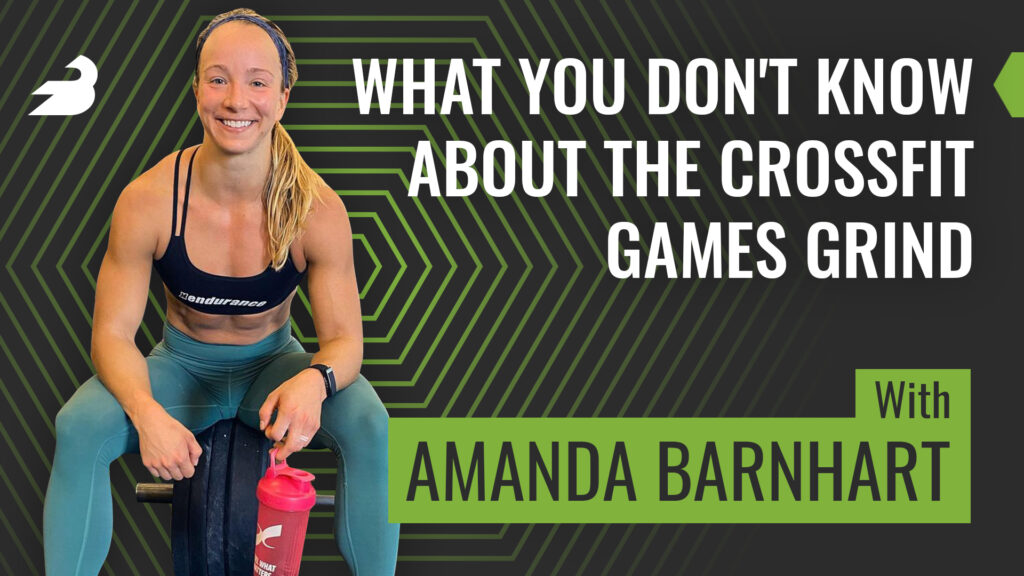Today we’re talking to CrossFit Games athlete and Doctor of Physical Therapy, Amanda Barnhart. Amanda is one of the CrossFit world’s highest-performing athletes in the space since making her Games debut in 2018. That includes back to back Top 10 finishes at the Games in 2019 and 2020. In our conversation, we talk about how athletes recover after the brutal CrossFit Games competition season, along with Amanda’s first reactions to a new qualification format for 2021. We also discuss an athlete’s competitive mindset, what it’s like going toe-to-toe in workouts against a spouse, and much, much more.
On this episode of The BarBend Podcast, host David Thomas Tao talks to Amanda Barnhart about:
- Learning about the new CrossFit Games qualification format (2:00)
- In-person versus virtual competition (6:10)
- Should athletes repeat CrossFit Open workouts? (9:30)
- Amanda’s training schedule gearing back up for the 2021 CrossFit Games season (14:20)
- “In 2018 I was extremely wrecked” (16:40)
- Maintaining versus building strength on heavy weights (20:20)
- Training with a spouse and how Amanda’s husband paces her on Games training workouts (23:30)
- “Hangry” but with fitness (26:00)
Relevant links and further reading:
